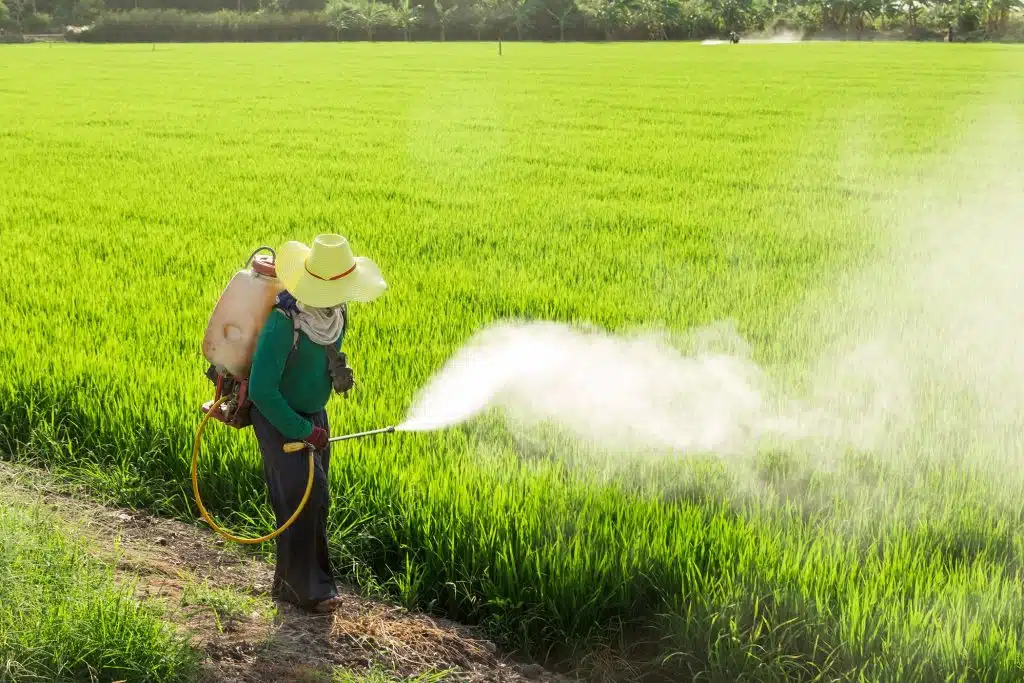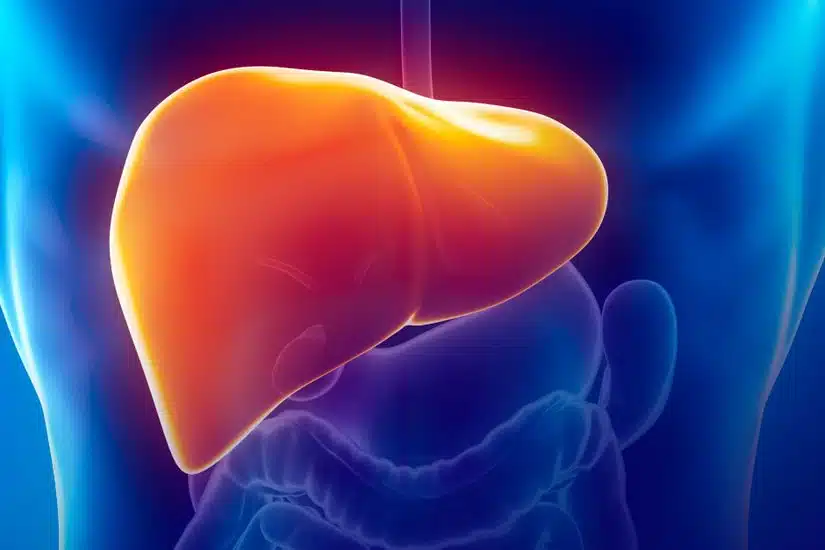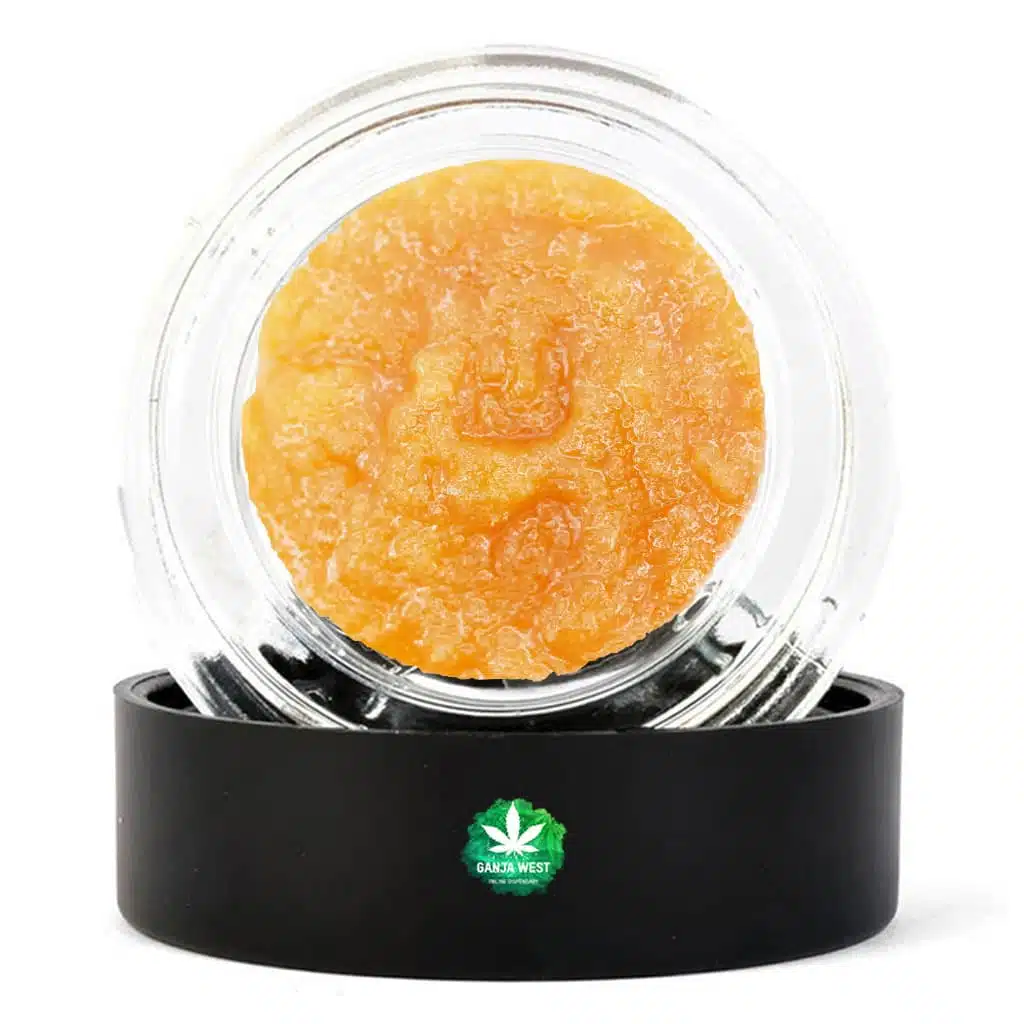Marijuana Legalization On Crime Rates

Marijuana Legalization On Crime Rates
The impact of marijuana legalization on crime rates is a highly debated topic, with many different arguments on both sides. One argument against legalization is that it will lead to an increase in crime rates, particularly drug-related crimes such as drug trafficking and drug-related violence.
However, research has suggested that this may not be the case. In fact, some studies have shown that the legalization of marijuana may actually lead to a decrease in crime rates. For example, a study published in the journal Justice Quarterly found that the legalization of medical marijuana was associated with a reduction in violent crime rates in states where it was legalized.
Similarly, a study published in the journal PLOS ONE found that the legalization of marijuana in Colorado and Washington was associated with a reduction in property crime rates. The study found that the decrease in crime rates was most pronounced in counties near the border of states where marijuana was still illegal, suggesting that legalization may have reduced the need for illegal cross-border activity.
As more and more states in the US legalize marijuana for both medical and recreational use, there has been a lot of debate about the impact of this change in the law on crime rates and public health. In this article, we will explore some of the key arguments on both sides of the debate.
Crime Rates
One of the biggest arguments against the legalization of marijuana is that it will lead to an increase in crime rates. This argument is often based on the idea that legalizing marijuana will lead to an increase in drug-related crimes, such as drug trafficking and drug-related violence.
However, research has shown that this is not necessarily the case. In fact, some studies have suggested that the legalization of marijuana may actually lead to a decrease in crime rates. For example, a study published in the journal PLOS ONE found that the legalization of marijuana in Colorado and Washington was associated with a reduction in property crime rates.
Another study, published in the journal Justice Quarterly, found that the legalization of medical marijuana was associated with a decrease in violent crime rates in states where it was legalized.
Public Health
Another major concern about the legalization of marijuana is the impact it may have on public health. Opponents of legalization argue that it will lead to an increase in substance abuse and addiction, as well as a range of health problems.
However, research suggests that the impact of legalization on public health is more complex than this. For example, while there is evidence to suggest that marijuana use can lead to a range of health problems, including respiratory problems and mental health issues, there is also evidence to suggest that it may have therapeutic benefits for some medical conditions.
In addition, legalization may also have positive public health outcomes by reducing the harms associated with the criminalization of marijuana. For example, the criminalization of marijuana can lead to individuals being incarcerated for non-violent drug offenses, which can have negative impacts on their health and well-being.
Drug-Related Offenses
Another potential way that marijuana legalization may impact crime rates is by reducing the number of people who are arrested and incarcerated for drug-related offenses. Prior to legalization, many individuals were arrested and convicted for possession or distribution of marijuana, which can result in significant legal penalties and even jail time.
By legalizing marijuana, these individuals are no longer at risk of being arrested for possessing or using the drug, which can have a significant impact on the overall crime rate. Additionally, legalization may reduce the number of people who are incarcerated for drug-related offenses, which can help to reduce overcrowding in prisons and improve public safety.
Furthermore, marijuana legalization may also reduce the number of people who are involved in the illegal drug trade, which can help to reduce the prevalence of violent crime. When drugs are illegal, there is often a large black market for them, which can be associated with violence and other criminal activity. By legalizing marijuana, this black market may be reduced, which can help to reduce violent crime and other drug-related offenses.
It is also important to note that marijuana legalization may have different impacts on crime rates in different areas, depending on factors such as local drug markets and law enforcement policies. For example, some areas may see an increase in drug-related crimes following legalization if the drug market becomes more competitive or if law enforcement policies change in response to legalization.
Conclusion
Overall, the impact of marijuana legalization on crime rates and public health is a complex issue. While opponents of legalization argue that it will lead to increased crime rates and public health problems, research suggests that the reality is more nuanced.
In fact, legalization may actually lead to a reduction in crime rates and positive public health outcomes. However, there is also evidence to suggest that marijuana use can lead to health problems, and more research is needed to fully understand the impact of legalization on public health.
If you’re interested in purchasing marijuana products, Ganja West Online Dispensary is a great option. They offer a wide range of products, including concentrates, edibles, vapes, tinctures, buds, shatter, hash, wax, live resin, and moon rocks. Plus, they offer delivery and mail order marijuana, so you can get your products delivered right to your door. So why not give them a try and see what they have to offer? If you are interested in buying weed online and THC products, check out Ganja West online weed dispensary and shop for your weed online and cannabis products at ganjawest.co!











